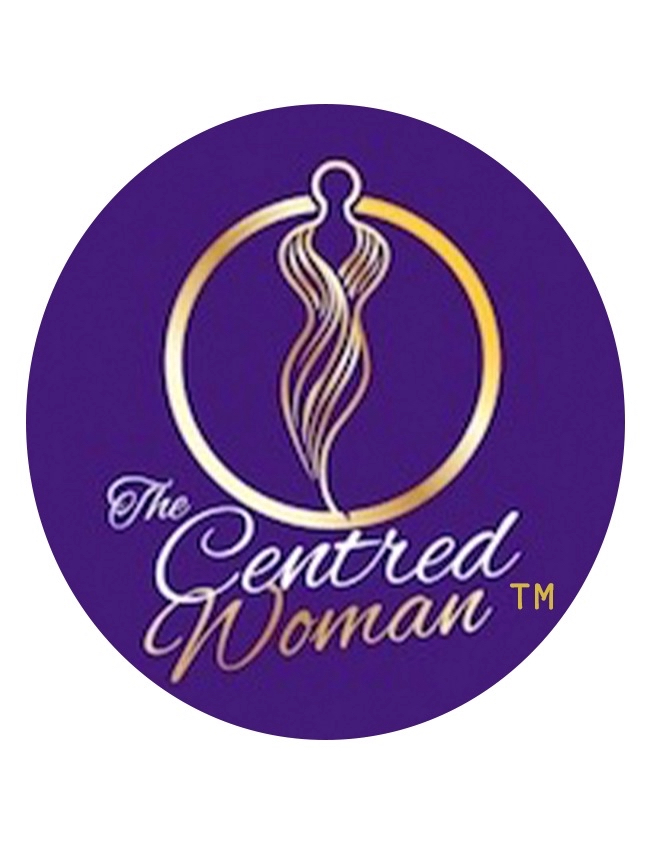The Confidence Gap – Why Highly Skilled Women Still Struggle with Self-Doubt
Feb 25, 2025
When Success Isn’t Enough
You’ve worked hard. You’re experienced, capable, and knowledgeable. Yet, despite your achievements, a persistent voice inside whispers: “Am I really good enough?”
If this sounds familiar, you’re not alone. Many highly skilled, successful women struggle with self-doubt, imposter syndrome, and the constant fear of being “found out.” Even at the highest levels of leadership, women report feeling less confident than men, despite their expertise and qualifications.
This post explores why so many professional women wrestle with self-doubt, how societal conditioning plays a role, and how emotional coaching can help bridge the confidence gap.
THE CONFIDENCE GAP:
The Data Speaks for Itself
Women are just as capable as men—yet studies show a confidence gap persists. The data reveals:
📌 Men apply for jobs when they meet only 60% of the qualifications, while women wait until they meet 100%. (Harvard Business Review)
📌 75% of women executives experience imposter syndrome, even after years of professional success. (KPMG, 2022)
📌 In workplace meetings, women are more likely to be interrupted or have their ideas credited to male colleagues. (McKinsey Women in the Workplace Report)
📌 Men are promoted based on potential, while women are promoted based on proven performance.(LeanIn & McKinsey, 2023)
The problem isn’t a lack of competence—it’s a lack of self-trust driven by societal conditioning, workplace biases, and internalized self-doubt.
Why Do Women Experience More Self-Doubt?
SOCIAL CONDITIONING:
“Be Perfect, But Not Too Confident”
From childhood, many women receive conflicting messages:
- “Be smart, but don’t intimidate others.”
- “Be ambitious, but not too aggressive.”
- “Speak up, but don’t be bossy.”
These mixed signals create internalized doubt—a subconscious belief that confidence could make them “too much” or “unlikeable.”
Through emotional coaching, women learn to unpack these subconscious beliefs, challenge societal narratives, and replace self-doubt with self-trust and confidence.
IMPOSTER SYNDROME:
Feeling Like a Fraud Despite Success
Imposter syndrome—the belief that you’re not as competent as others perceive you to be—affects high-achieving women disproportionately.
- Many dismiss their achievements as “luck” or “good timing.”
- Some feel like they constantly need to prove themselves, even after years of success.
- Others fear that one mistake will expose them as an “imposter.”
Emotional coaching shifts the narrative from “I don’t deserve this” to “I earned this.” Women learn to own their successes, stop minimizing their achievements, and reframe negative self-talk.
THE "CONFIDENCE PENALTY”:
Women Are Judged Differently
Studies show that when women speak confidently, they are often perceived as:
❌ “Too aggressive”
❌ “Intimidating”
❌ “Difficult to work with”
Meanwhile, men who display the same confidence are praised as “strong leaders.”
This double standard discourages women from speaking up, leading to hesitation, self-editing, and fear of being judged.
Emotional coaching teaches women to embrace confidence unapologetically—helping them communicate with authority, self-assurance, and clarity without fear of being labeled negatively.
How Emotional Coaching Closes the Confidence Gap
Emotional coaching isn’t about “faking” confidence—it’s about developing authentic self-trust, emotional resilience, and a deep belief in your worth.
✅ Identifying & Reframing Limiting Beliefs – Coaching helps uncover and dismantle subconscious beliefs that fuel self-doubt.
✅ Mindfulness & Emotional Awareness – Learning to recognize self-sabotaging thoughts and shift them in real time.
✅ Communicating with Confidence – Strategies for speaking with clarity, authority, and self-trust.
✅ Reclaiming Success – Learning to own accomplishments without minimizing or apologizing.
Conclusion: From Self-Doubt to Self-Assurance
Professional women are not lacking in skill or ability—they’re often just held back by self-doubt and societal conditioning.
💡 The good news? Confidence isn’t something you’re born with—it’s something you build. Emotional coaching provides the tools to break free from imposter syndrome, trust yourself fully, and step into your power unapologetically.
🔜 Next Up: Our next post dives into “Emotional Labor – The Hidden Work That’s Draining Women.”
🟨 Free Resource
Unlock the Secrets of Yin, Yang & the Midline
The Three Core Energies Behind Lasting Emotional Balance.
✨ With the right balance, you don’t have to choose between rest and action, softness and strength. Instead, you learn how to shift.








